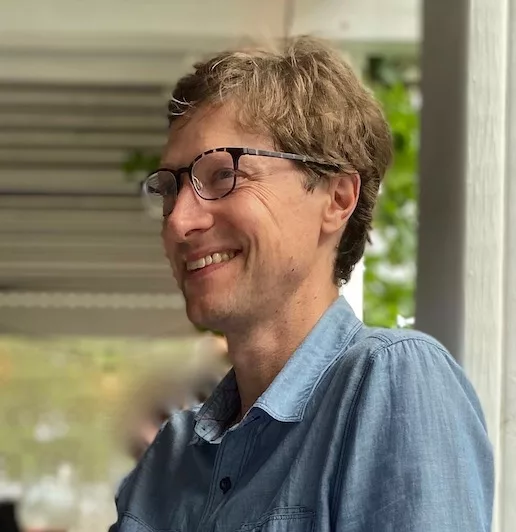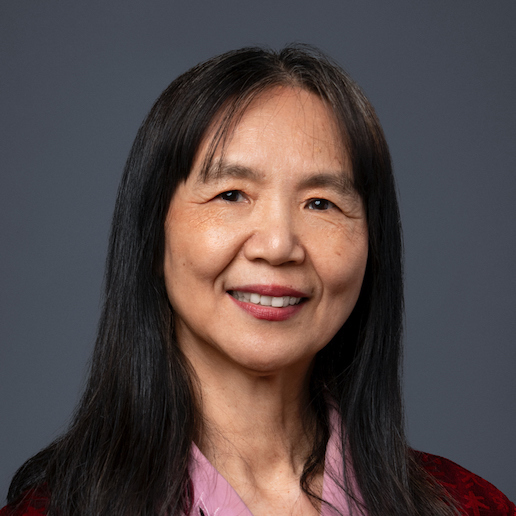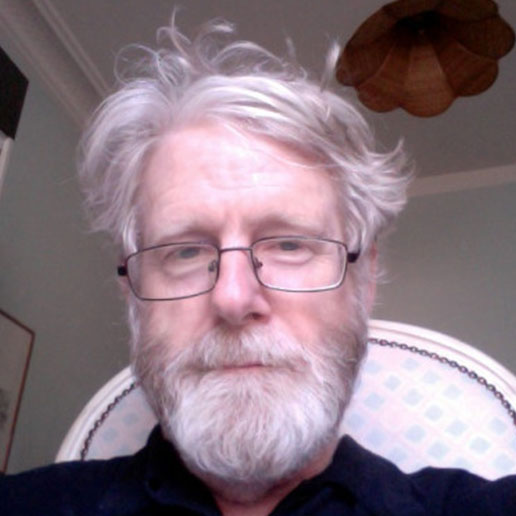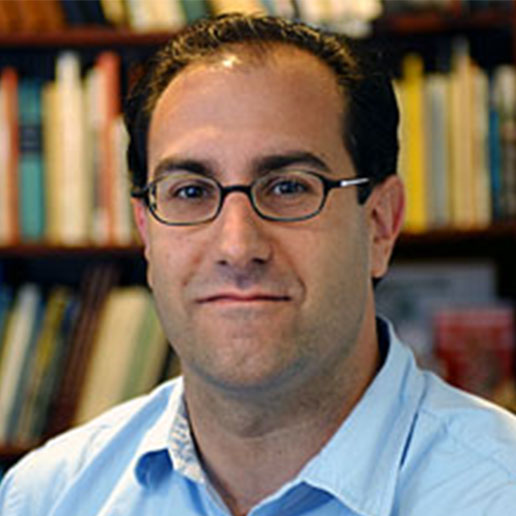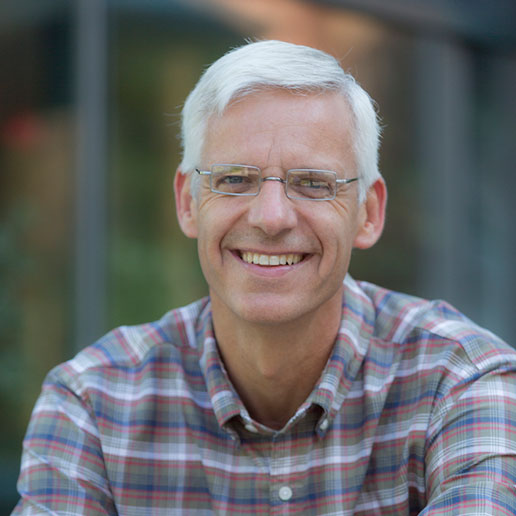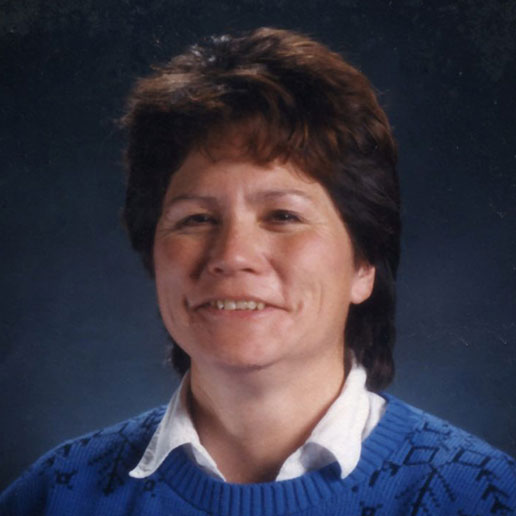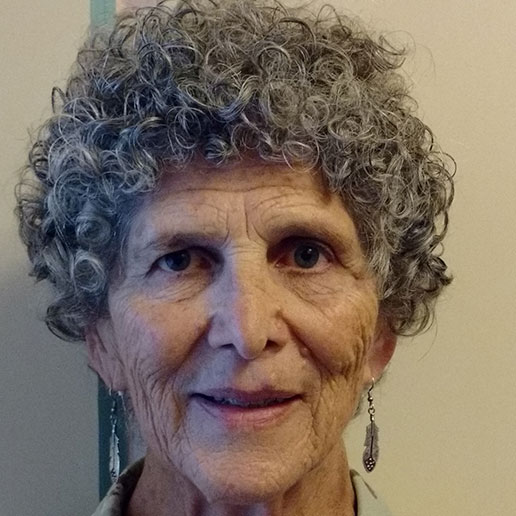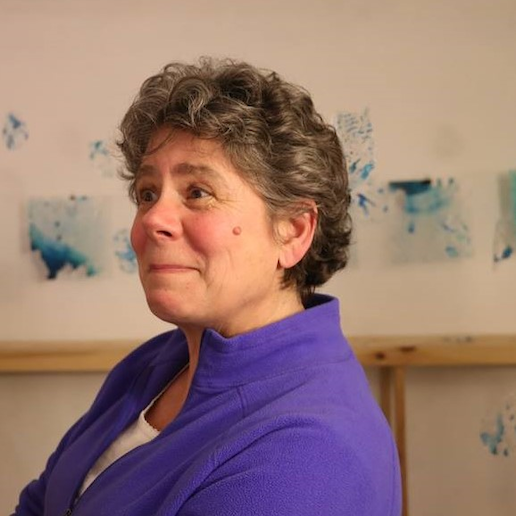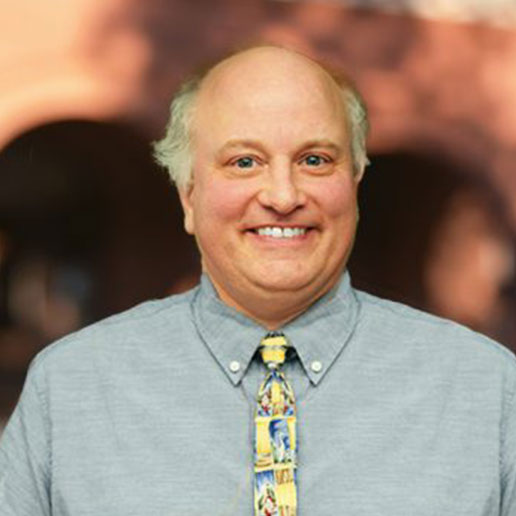
Professor of Political Science, University of Maine at Farmington
Jim Melcher teaches a wide range of courses on American politics, government, and political thought at University of Maine at Farmington. He has a strong interest in the interactions between American politics, geography and history.
Melcher has become known throughout the University of Maine system for his work on the Maine Public Policy Scholars program, and has become a frequent “voice of the University” in his numerous interviews as a political expert with media both within and outside Maine.
Talks
The Warren Court and the 14th Amendment
The Warren Court did much to expand the power of the 14th Amendment and of the national government in the areas of civil rights, voting/districting, and rights of those accused of or convicted of crimes. The impact from this court era is still with us today.
The Electoral College and Maine
How does the Electoral College work, and why does Maine have a plan for choosing its electors that only one other state–Nebraska–follows? Nothing confuses students of American Government more than the Electoral College, and no section of the Constitution has seen more proposed amendments for change than it.

